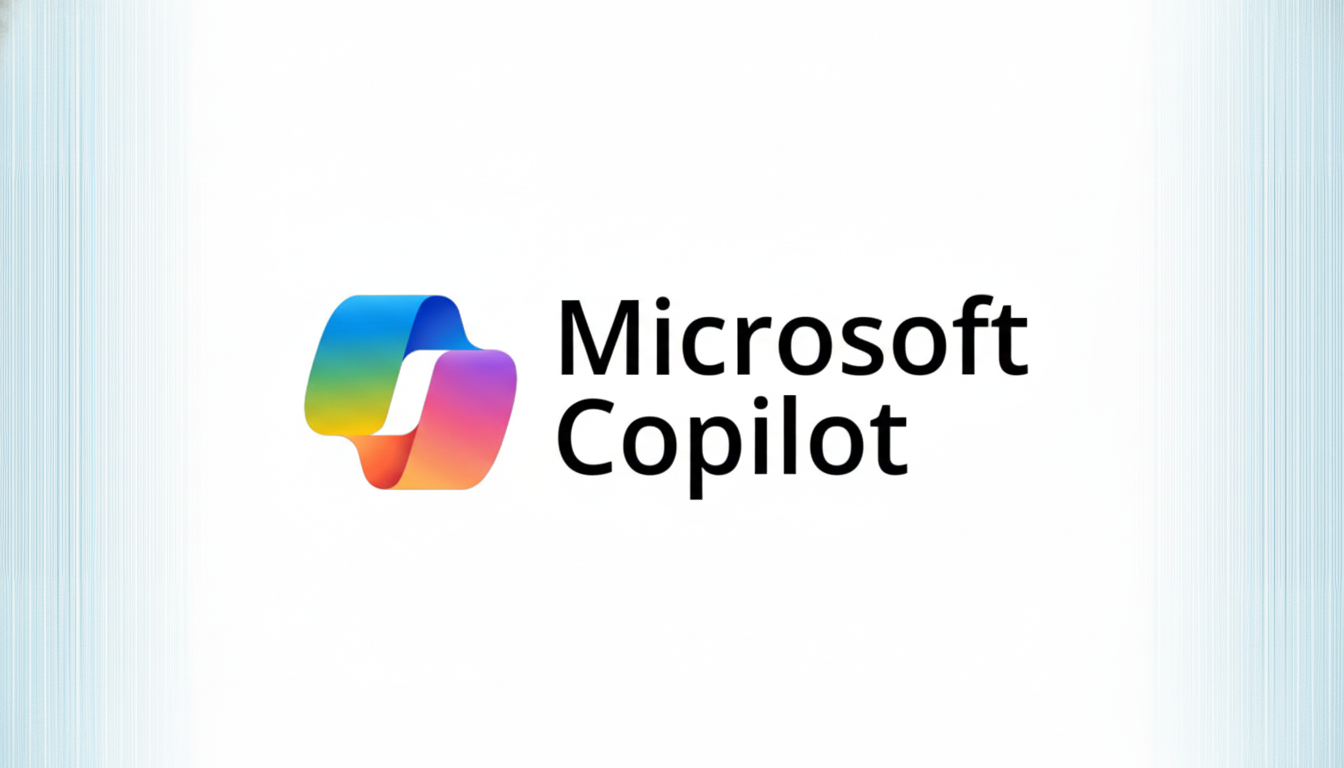Microsoft is giving its big Copilot feature drop, and the one at the head of the class will likely remind you of Clippy if nothing else. The new animated guide, named Mico, is the face of a dozen upgrades that move Copilot closer to being an assistant that works with you rather than just for you. Microsoft says the update is centered on people-first design, with new features debuting first in the US before rolling out to additional regions in the near future. Copilot will roll out on the mobile app and the web, and availability is subject to market, device and platform.
Meet Mico, the new animated face of Microsoft Copilot
ABOUT MICO
- Meet Mico, the new animated face of Microsoft Copilot
- Real Talk mode brings a dose of emotional intelligence
- Group collaboration sessions now scale to 32 people
- Imagining an image generation remix culture
- Copilot for Health adds guardrails to advice
- Socratic tutoring comes from Learn Live
- Smart boards enhance study and language practice
- AI that remembers what’s important to you securely
- Connectors pull in Gmail, Google Drive, and Calendar
- Proactive Actions shape and speed up Deep Research
- Journeys in Edge picks up where you left off
- You are always in charge with privacy controls

Mico is a personified voice assistant with an expressive, customizable, and intentionally warm voice. It adapts color and motion to the conversation interlocutor, accepts various ways of interaction and can be turned off at any time. It’s a very modern hat tip to Clippy, aimed at minimizing friction and maximizing user attention. Behavioral work in HCI for a while has shown that approachable agents enhance task follow-through, and Mico plays into this without feeling gimmicky.
Real Talk mode brings a dose of emotional intelligence
More than small talk, Mico brings Real Talk, a conversation style that pushes gently back and adjusts to you. It’s designed for reflective problem-solving — helpful when you want to pressure-test ideas, gear up for a tough conversation, or get some constructive feedback. If you’d rather no-nonsense help, turn the style on or off.
Group collaboration sessions now scale to 32 people
The new Groups feature in Copilot allows you to bring up to 32 people into the same session. To the AI falls the task of keeping everyone in sync, summarizing threads, proposing options, tabulating votes and dividing work. You can begin a session, pass on a link and collaborators will pop in — useful for study groups, hackathon teams or cross-functional work sprints.
Imagining an image generation remix culture
Imagine is an open playground where anybody can like and remix AI-generated images as they version forward publicly in a space. Microsoft characterizes this as a measure of the “social intelligence” of AI — how good it is at catalyzing and sustaining a kind of shared creativity. Imagine a moodboard with momentum and feedback loops that reward for iterating quickly.
Copilot for Health adds guardrails to advice
Health answers now come from vetted sources like Harvard Health Publishing, and include tools to help you find providers by specialty, location and language.
Chatbots and medicine are a potentially creepy combination: grounding responses in valid material, and noting limitations clearly will help. As regulators increasingly take a closer look at health AI, transparency will be as important as accuracy.
Socratic tutoring comes from Learn Live
Learn Live recasts Copilot as a tutor that questions you, directs your reasoning and only shows solutions if necessary. It’s designed for problem sets, exam prep and pedagogical repetitions, echoing evidence from education research that Socratic guidance promotes retention relative to answer dumps.

Smart boards enhance study and language practice
Combined with Learn Live, interactive whiteboards allow Copilot to sketch out ideas, annotate steps and provide language practice. Think of it as a living scratchpad where you work out diagrams, timelines and conjugation drills.
AI that remembers what’s important to you securely
Copilot can now remember personal information — anniversaries, ongoing projects or dietary preferences — so it’s not a completely blank slate every time. You may view and clear this memory at any time. The literal win: repetition is reduced, continuity improved. The practical risk: more sensitive data coming into scope, making controls and consent critical.
Connectors pull in Gmail, Google Drive, and Calendar
With Connectors, Copilot works with OneDrive and Outlook instead of just Gmail, Google Drive, and Google Calendar (if you explicitly opt in). Tell it to locate a contract, resurface an email thread or clear your calendar, and it can do so across cloud accounts. Google’s Gemini has comparable links; speedier competition is likely to mean better controls and clearer permissions.
Proactive Actions shape and speed up Deep Research
Launching inside Deep Research, Proactive Actions looks over what you’ve already done and suggests potential next steps — say, suggesting sources you haven’t yet checked out or structuring findings into an outline.
It’s designed to help you keep your energy high when the work shifts from “gather” to “synthesize.”
Journeys in Edge picks up where you left off
Edge’s Copilot Mode brings you Journeys, which tracks your browsing experience and uses it as a reference for you to have a conversation. You can close 20 tabs without guilt and then tell Copilot you want to pick up “the couch research” again, and it knows what you mean. It’s the sort of contextual glue that keeps research from drifting and helps prevent duplication of effort.
You are always in charge with privacy controls
Microsoft says it requires explicit consent for data access, and you can review or revoke connections as well as memory entries. As assistants become more “all-knowing”, control surfaces and auditability are table stakes. They’ll also pay close attention when AI tools shift from pilot programs to part of their regular workflow.
Collectively, these updates move Copilot from a smart chatbot toward an actual partner that understands context, people and process. It reflects a larger evolution: AI that assists humans in context, across groups and apps, rather than just individual prompts. For some perspective, GitHub claimed that in controlled studies developers completed tasks 55% faster with GitHub Copilot in tow — proof positive, if you do a good job designing assistants, they will produce measurable benefits. Should things land as advertised on Microsoft’s new set, look for similar efficiency gains in everyday productivity, with Mico providing the personable face to make it all stick.

